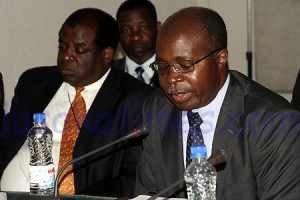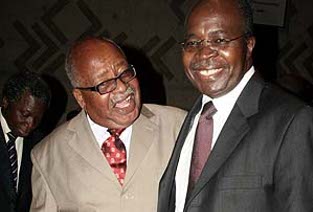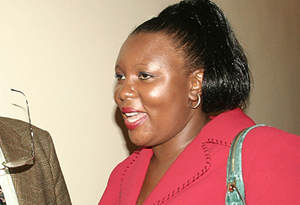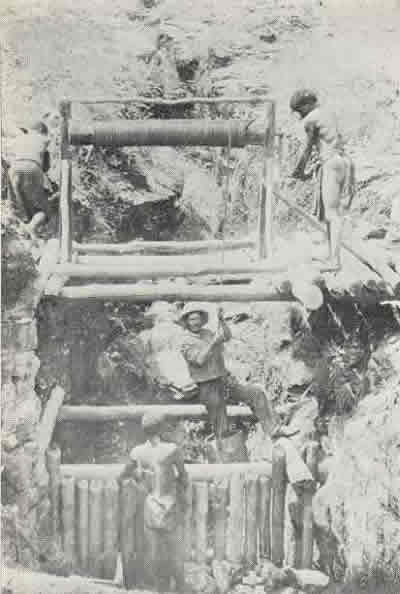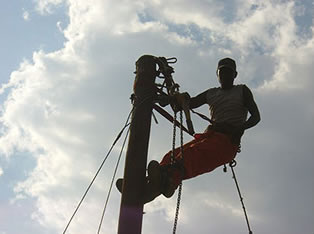By Beston Chitala
ZESCO, a monopolistic power utility, has consistently asserted that it does not operate profitably on account of low tariffs to justify the tariffs hike. The 66% tariff will be introduced with “approval” from the Bank Governor and ERB in spite of opposition from ZACCI and a Professor of Economics at UNZA.
The Bank Governor and ERB should understand that raising tariffs will have implications on a fragile economy. The Governor’s argument is that raising tariffs would attract investments to the electricity sector. When the same thinking was applied to the mines and the new tax regime introduced in 2008, accruing mining tax revenues were expected to stimulate economic growth. Unfortunately, the Government recently reneged by suspending the new mining tax policy. While the idea is intended to prevent greedy mining companies from closing shop, it is also envisaged that lower tax regimes will act to stem capital flight as mining companies scale down their operations and in some cases cease operations completely. In the same vein, one would expect similar economic rationale to be applied in the case of ZESCO tariff increases.
It’s common knowledge that the cost of electricity generation in Zambia is one of the lowest in the region but Zambians pay higher tariffs than those obtaining in neighbouring countries whose cost of generation is higher. This is expected where operational inefficiencies and personal interests are factored into the equation. However, one wonders what economic model is applied to arrive at such an exaggerated 66% increase. It is shameful that ZESCO is allowed hike tariffs to cover their inefficiencies and also as a scheme to award themselves unjustified salary increments and benefits.
It is indisputable that the 66% tariff hike will negatively impact the economy, especially consumers at household level. These consumers will be required to shell out 66% more than they have in the past. Overall, spending will be hit hard enough to cause possible reduction in total household expenditure on food. Further, the new tariff will make electricity more expensive and less affordable, especially for the majority of households currently struggling to pay for electricity. Eventually, some consumers will be compelled to make hard choices: a meal on the table or electricity in their homes. ZESCO’s Managing Director has the audacity to ask Zambians not to construe the proposed tariff hike as a way to financially disadvantage them
Finally, the proposed tariff will affect business and commerce alike. As a consequence, upward price adjustments to offset the new tariff are inevitable. Such myopic and ill-conceived tariff hikes are more likely to exacerbate poverty than stimulate economic growth.
The Alternative
Zesco’s must expand its revenue base by connecting more consumers to a supply and also make the current erratic supply reliable. A larger customer base will aid in the attainment of economies of scale and also accord room to tinker with the tariffs to make them affordable and beneficial to consumers too. Once this is achieved, it will be possible to effectively distribute the cost-recovery tariff among a larger customer base.
It will be meaningless to attempt to achieve economies of scale alone without instilling necessary fiscal discipline in the manner revenue is utilized. Therefore, the government must introduce a heightened degree of fiscal oversight to ensure that revenues are spent on important infrastructural power projects. While government oversight must be exercised to ensure financial discipline, temptation to tap the power utility’s revenues as a source of salaries for civil servants must be avoided.


